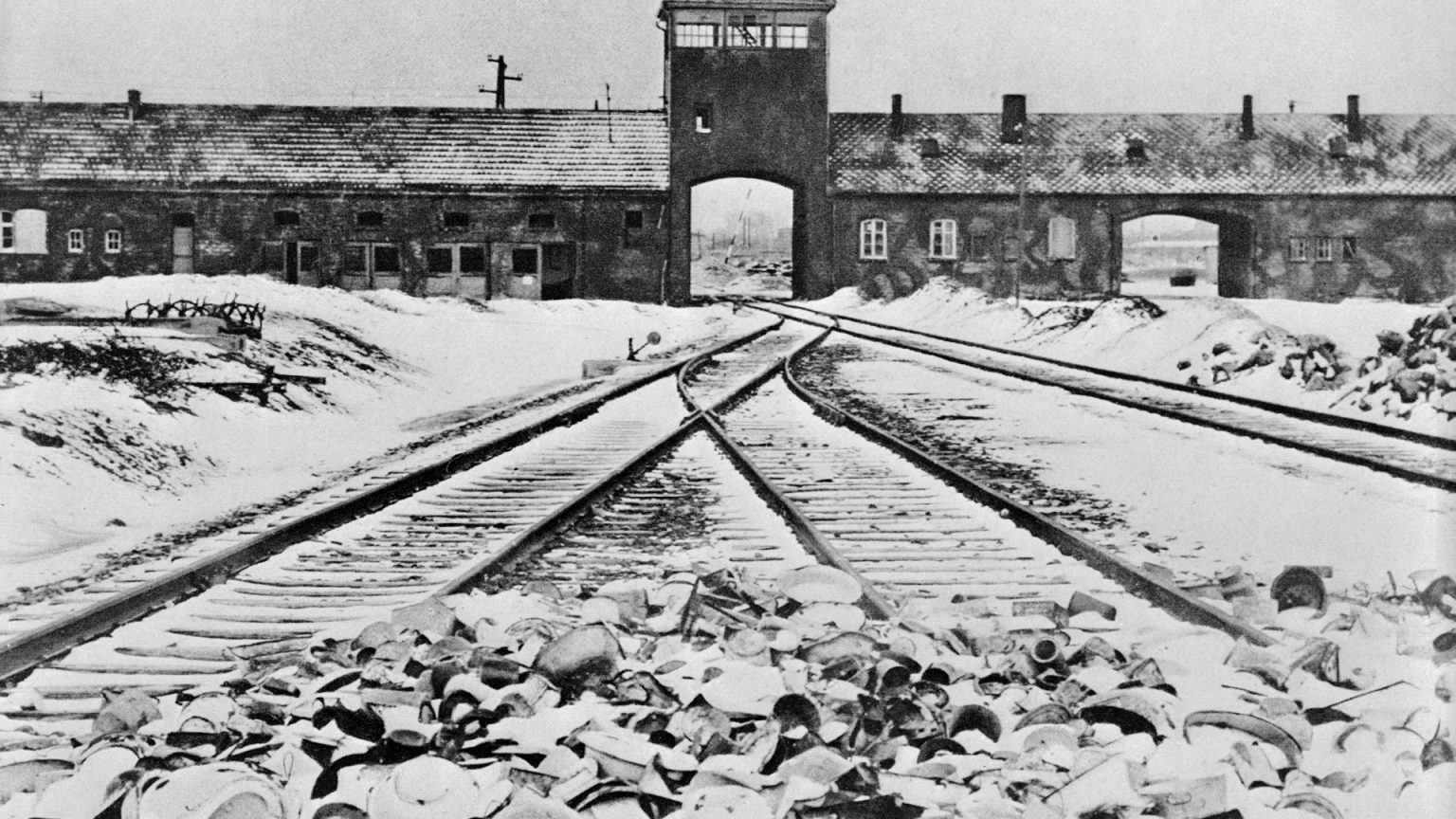Eva Clarke’s story is a testament to the resilience of the human spirit in the face of unimaginable horror. Born in the shadow of death at Mauthausen concentration camp just days before its liberation, her survival is a confluence of improbable events and her mother’s unwavering determination. Anka, Eva’s mother, endured the systematic dehumanization of the Nazi regime, losing her husband and family to the gas chambers of Auschwitz. Yet, even amidst the starvation, forced labor, and constant threat of death, Anka’s will to live, fueled by the life growing within her, persevered. Eva’s birth, in a cart laden with the dying, just 24 hours after the gas chambers fell silent, marks a stark turning point – a flicker of hope in the darkest of times.
The circumstances surrounding Eva’s birth are chillingly illustrative of the Nazi’s brutal efficiency in exterminating Jewish people. Anka, pregnant and weakened, was transported on a death train, a journey designed to eliminate witnesses to the atrocities committed within the concentration camps. The casual cruelty of the guards, the pervasive presence of death, and the sheer desperation of survival are evident in every detail of Anka’s experience. The simple act of a farmer offering a glass of milk, a gesture of basic human compassion, becomes a potent symbol of hope against the backdrop of barbarity. The Nazi officer’s momentary lapse, allowing Anka to drink, underscores the arbitrary nature of life and death under the regime.
The liberation of Mauthausen by American forces marked not just the end of Anka and Eva’s ordeal, but also the beginning of their journey towards healing and rebuilding their lives. Anka, despite the unimaginable trauma she had endured, refused to be consumed by hatred. She chose to focus on the future, finding strength and purpose in caring for her newborn daughter. Eva became a living embodiment of hope, a reason to persevere in a world scarred by loss. This resilience, passed down from mother to daughter, enabled them to navigate the complexities of post-war life, to mourn their losses, and ultimately, to embrace a new beginning.
Anka’s strength and resilience are further highlighted by her ability to find love again and create a new family for Eva. Marrying Karel Bergman, a fellow survivor who had also lost much of his family in the Holocaust, Anka found solace and companionship in shared experience. Their emigration to Wales offered a fresh start, a chance to build a life far removed from the horrors of the past. The unique birth certificate issued to Eva, a stark reminder of her origins, served as a poignant symbol of both survival and the future she represented.
Eva’s story is not just about survival; it is about remembrance and education. Carrying the legacy of her mother’s experience, Eva dedicates herself to sharing her story with future generations. Her work with the Holocaust Educational Trust ensures that the memories of the six million Jews murdered by the Nazi regime are not forgotten. By speaking to school children, Eva provides a tangible connection to the past, humanizing the victims and emphasizing the importance of tolerance and understanding.
Eva Clarke’s life, born from the ashes of the Holocaust, stands as a powerful testament to the indomitable human spirit. Her survival, against all odds, is a symbol of hope and a reminder of the importance of remembrance. Through her work in Holocaust education, Eva ensures that the lessons of the past are not forgotten, inspiring future generations to build a world free from hatred and intolerance. Her story, interwoven with the strength and resilience of her mother, Anka, serves as a beacon of light, illuminating the darkest corners of human history and reminding us of the enduring power of hope.




